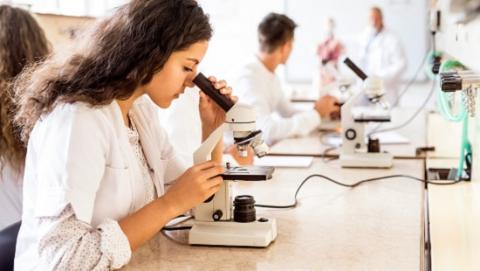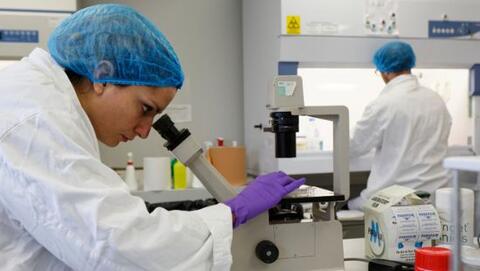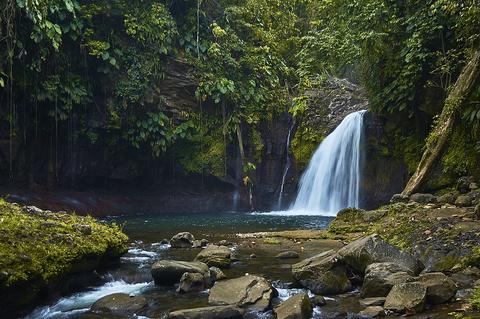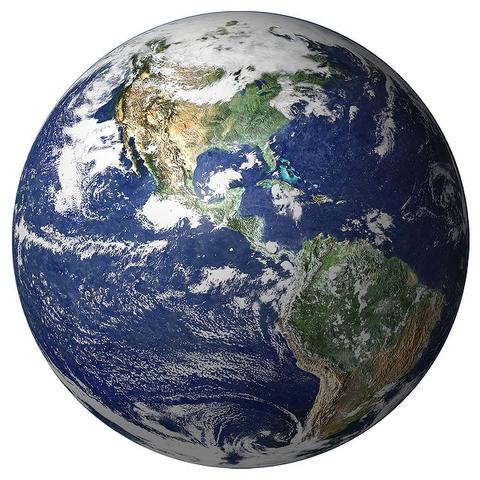
External Aggregation of Life Sciences - Earth and Universe Sciences
The aim of the "preparation for the external SV-STU aggregation" course, which is open in the second year of the Master's program (M2), is to provide comprehensive training that leads to a diploma for future teachers of SV-STU. This training will enable you to acquire a mastery of the biological and geological concepts at the level of the programs of the external SV-STU competitive examination as well as preparing you for it.
Organization
This is a diploma course: the jury will deliberate early enough to allow the delivery of the master's degree course "preparation for the agrégation", before the publication of the agrégation eligibility list.
This specialization is linked to the master's degrees:
- Molecular and Cellular Biology (MCB): for candidates in option A of the agrégation ;
- Biodiversity, Ecology and Evolution (BEE): for candidates in option B of the agrégation ;
- Earth and Planetary Sciences, Environment (STePE) for candidates in option C of the agrégation.
|
Teaching units (UE) |
|||
|
|||
|
Teaching units (UE) |
|||
|
Skills
The students and future teachers of SV-STU enrolled in this training will have to:
- have university-level knowledge within their discipline in order to transmit their knowledge with necessary objectivity and to be sensitized by the development of the aforementioned knowledge, history of sciences, fundamental research, design of models;
- to appreciate the quality and relevance of a scientific approach;
- implement an experimental approach from its conception to the validation of results;
- critically analyze experimental results;
- use bibliographic resources and scientific literature, information and communication techniques;
- synthesize data from the literature or from experiments on a given problem, adapt them in a pedagogical manner and present them orally or in writing.
Target audience
- Holders of a M1 or M2 in Life or Earth Sciences
- Holders of a M1 or M2 "teaching, education and training" degree
- Holders of a thesis or an engineering degree (or equivalent) wishing to reorient themselves towards a teaching career in the 2nd degree.
Admissions
The selection is made on the basis of a file by a committee made up of the person in charge of the specialty and the persons in charge of the pedagogical sectors. Please consult our page: Applications and registrations.
For more information
Contact us
Secretary of the BMC program
Annie-Laure Bernard - 01.44.27.47.29
Secretary of the BEE program
Nadia Foka - O1.44.27.65.11
Secretary of the program STEPE
Annick Soutarson - O1.44.27.47.32
Pedagogical manager of the course
Olivier Lacombe



